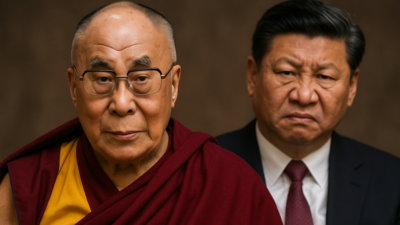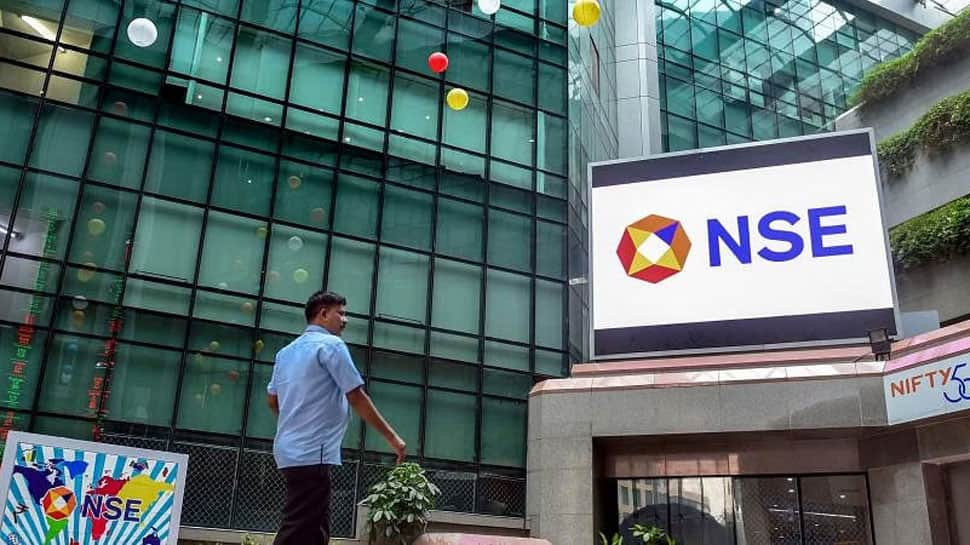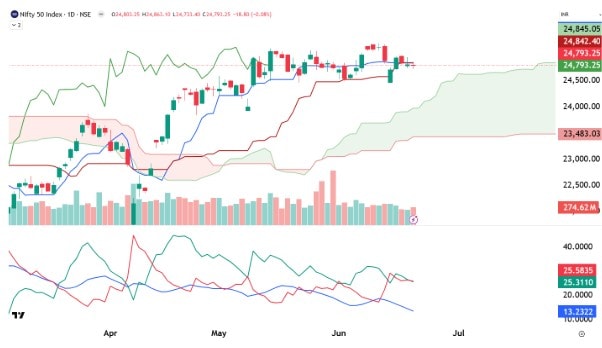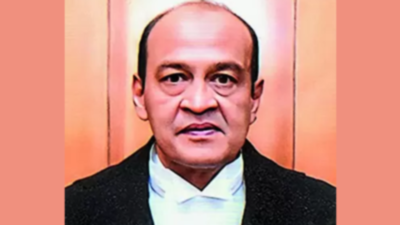Spiritual Games: Are we staring at a possibility of two rival Dalai Lamas? — Succession war heats up | India News

A spiritual showdown is looming between Dharamshala and Beijing. Days before his 90th birthday, the Dalai Lama declared that the centuries-old institution he embodies will continue after his death, and made it clear that only his India-based trust has the authority to name his reincarnation.The announcement, welcomed as “historic” by Tibetans in exile, has ignited fury in China, which insists it alone can approve the next Dalai Lama. With both sides preparing to anoint successors, the world may soon witness two rival Dalai Lamas one chosen through traditional Tibetan rites, the other sanctioned by the Chinese Communist Party. The succession war has begun, and at stake is not just a spiritual title but the soul of Tibetan identity.The announcement followed years of appeals from Tibetans in exile, Buddhist communities across the Himalayas, Mongolia, and even from within Tibet, urging the Dalai Lama to ensure the continuity of the spiritual tradition. “In particular, I have received messages through various channels from Tibetans in Tibet making the same appeal,” he said in a statement published by his office.He added that the responsibility for identifying his reincarnation would lie solely with the Gaden Phodrang Trust, an India-registered body under his office, and that the process would follow “past tradition”. “No one else has any such authority to interfere in this matter,” he said. According to the New York Times, the statement is the clearest attempt yet by the Dalai Lama to shut China out of the succession process.The spiritual leader has lived in exile in Dharamshala since fleeing Tibet in 1959 following a failed uprising against Chinese rule. Though he relinquished his political authority to an elected Tibetan government-in-exile in 2011, his influence among Tibetan Buddhists remains profound.
Why Xi is irked
Beijing’s frustration stems from the Dalai Lama’s open rejection of Chinese authority over the reincarnation process — a move that directly challenges the Communist Party’s long-standing claim to control Tibetan religious affairs. The Chinese government insists that the selection of the next Dalai Lama must happen within Tibet and be subject to approval by the central government. This includes the use of the “golden urn” system — an imperial ritual revived by Beijing — to legitimise its chosen candidate. Foreign Ministry spokeswoman Mao Ning reaffirmed that the reincarnation “must be approved by the central government” and follow “national laws and regulations.”China’s Communist Party, which professes atheism, views the Dalai Lama not as a spiritual leader but as a political threat. His global popularity and symbolic status as the face of Tibetan resistance make him a thorn in Beijing’s side. The fear in Beijing is that a Dalai Lama chosen independently — especially one born outside China — would undermine their effort to fully integrate Tibet into the Chinese state.According to CNN, the Dalai Lama has made it clear that his successor would be born in a “free country”, not in Chinese-controlled Tibet — raising the possibility of two rival Dalai Lamas: one recognised by Tibetans and another appointed by Beijing. “Both the Tibetan exile community and the Chinese government want to influence the future of Tibet, and they see the next Dalai Lama as the key to do so,” said Ruth Gamble, a Tibetan history scholar at La Trobe University.The precedent for such a standoff already exists. In 1995, the Dalai Lama named a six-year-old boy as the reincarnation of the Panchen Lama, Tibet’s second-highest spiritual figure. The Chinese government detained the boy, who has never been seen publicly since, and installed its own candidate, who remains loyal to Beijing. Last month, that Chinese-appointed Panchen Lama met with President Xi Jinping and pledged allegiance to the Communist Party, NYT reported.
What is the ‘Golden Urn’?
The “golden urn” is an 18th-century relic introduced by China’s Qing dynasty to assert imperial control over the selection of high-ranking Tibetan lamas. Officially established in 1793, it was intended to prevent nepotism and local influence in recognising reincarnated Buddhist leaders by introducing a lottery-style draw. The names of potential reincarnations were placed in ivory lots and drawn before a golden urn in a temple ceremony.In recent years, China has revived the golden urn process as a tool to legitimise its authority over Tibetan Buddhism. Beijing claims this ritual must be used — and supervised by the Chinese government — in the selection of the next Dalai Lama. Critics argue that this undermines the spiritual authenticity of the process and is a political ploy.
Tibetan leaders warn against Chinese interference
Leaders of the Tibetan exile community have welcomed the Dalai Lama’s announcement while warning Beijing not to interfere. Penpa Tsering, president of the Central Tibetan Administration, said the Dalai Lama’s decision came in response to “an earnest request with single-minded devotion” from followers. “We not only strongly condemn the People’s Republic of China’s usage of reincarnation subject for their political gain, and will never accept it,” he declared at a press conference.Samdhong Rinpoche, a senior figure in the Gaden Phodrang Trust, said the next Dalai Lama could be of “any nationality” and would be chosen from a place where there is “access to freedom”. For now, he said, there were “no further instructions for succession”, but affirmed that when the time comes, “he [the Dalai Lama] will give instructions”.According to AFP, Tibetan civil servant Jigme Taydeh described the announcement as “historic”, stating: “Whilst we rejoice at this confirmation of its continuation, we stringently object to China’s interference and plans to install a puppet Dalai Lama. Neither the Tibetans nor the world would recognise such mischief.”








